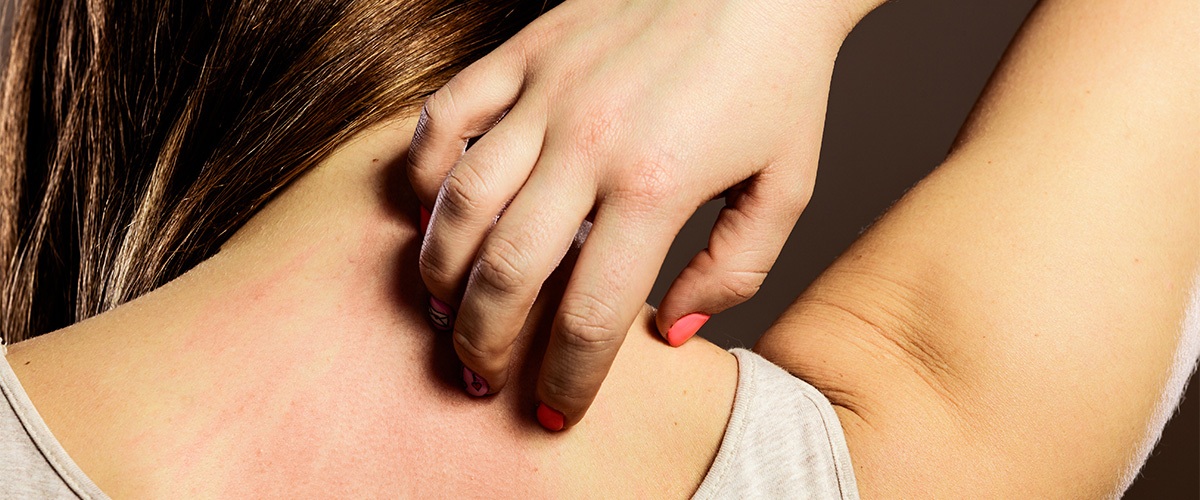Eczema, also known as atopic dermatitis, is a chronic, inflammatory skin condition characterised by a dysfunctional skin barrier1.
-
QV Dermcare Eczema Daily Cream With Ceramides
QV Dermcare Eczema Daily Cream With Ceramides
Clinically tested moisturising cream for the symptomatic relief of mild to moderate eczema1.
VIEW PRODUCTQV Dermcare Eczema Daily Wash With Ceramides
QV Dermcare Eczema Daily Wash With Ceramides
Soap-free body wash, clinically tested for the symptomatic relief of mild to moderate eczema1.
VIEW PRODUCT
Always read the label and follow the directions for use.
Eczema requires a diagnosis by a medical practitioner. QV Dermcare Eczema Daily Wash and Daily Cream help relieve the symptoms of mild to moderate eczema.




